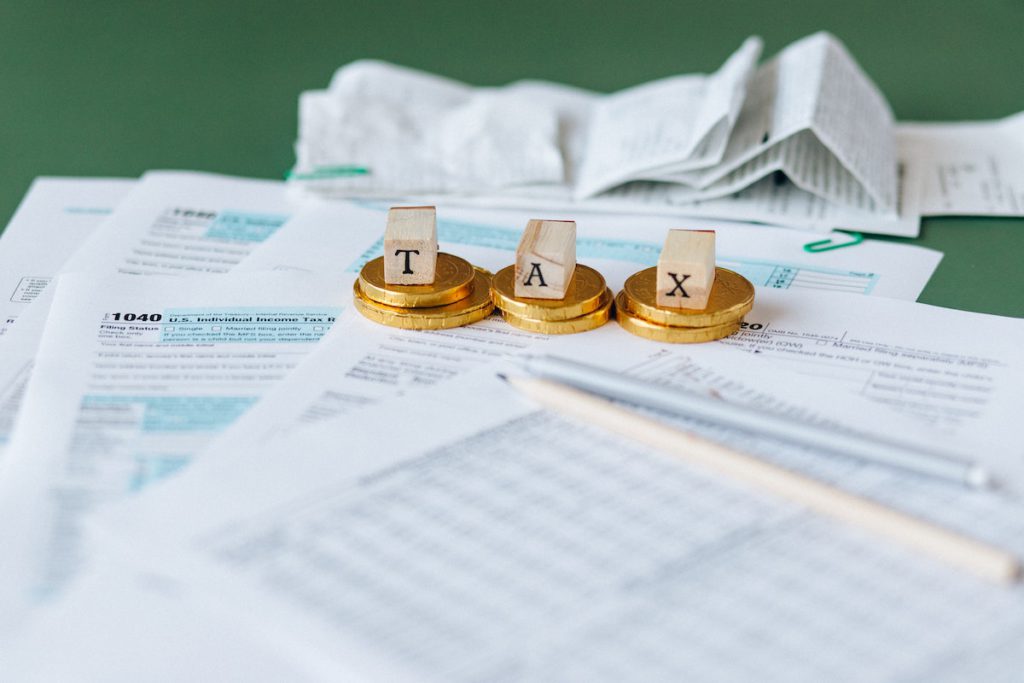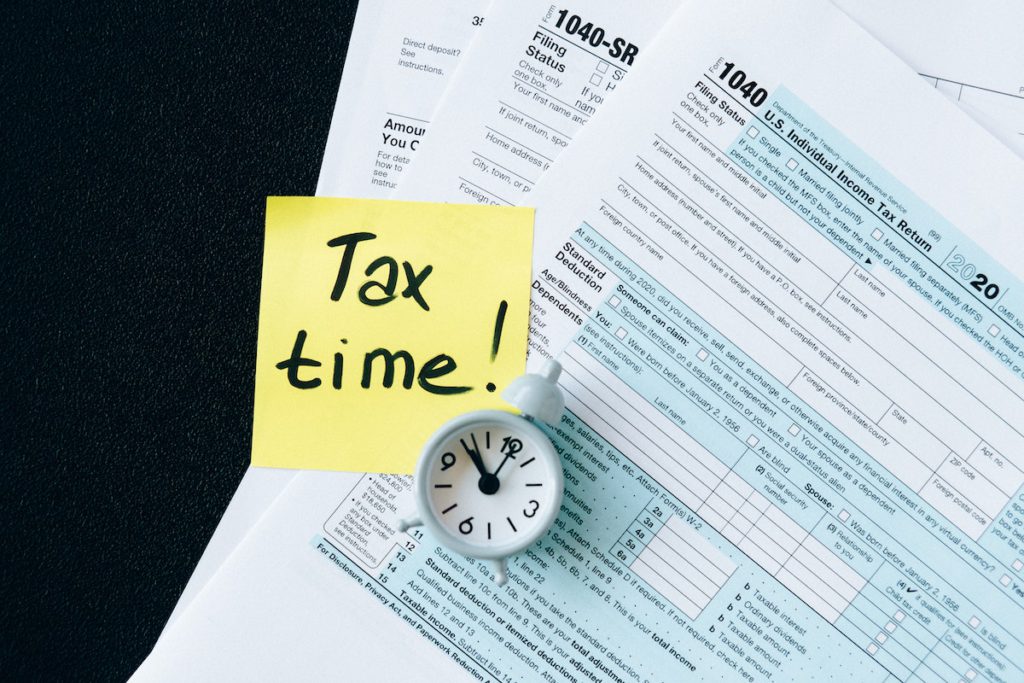The ATO has recently updated its occupational and sector-specific guidance on job-related expenses. That is eligible for taxpayers to claim. In addition, our employees and industry-specific guides provide information on income and concessions. Deductions that can be claimed on work-related expenses. For example, to list what clothes you can and cannot claim, read our Work-related expenses workwear Tax Deductions. There are also other work-related expenses that you can claim as taxable expenses, depending on your job and personal circumstances.
You also may be able to claim deductions for other expenses debt tax plan you have that are not related to your job or income-producing activities. Remember, whether you are eligible to claim a tax deduction for specific costs will depend on your circumstances. For example, if your employer has already repaid your expenses related to the vehicle. You cannot claim it as a deduction on your tax return. On the other hand, if your employer has paid you a subsidy to help with expenses. You can claim the deduction but must include it as income on your tax return.
When completing a tax return, there are many deductions that you can claim for expenses related to your job. For example, if you conduct all or a part of your employment activities at home. You may claim some costs for your home office as a tax deduction. You may also be able to claim a tax deduction for employment-related expenses that are mainly related to your profession and industry. For example, purchase job-specific clothing, safety gear, or uniforms specific to your work. Then, you can claim the cost of the job-specific clothing and associated cleaning costs as a work-related expense.
The dress must meet specific paying ato tax debt criteria to claim the expense deduction for the clothing worn at work. You may calculate an amount to claim as a tax deduction using a reasonable basis, such as $1 per a load of work-related clothes. Or 50 cents per load when including other clothing. If the cost is partially incurred for your education and partially incurred for another purpose. You may only claim an amount related to your education as a deduction.
If you use your telephone for work-related purposes, you may be able to claim a deduction as long as you paid those expenses. This is because you have records supporting your claim. However, you cannot double-dip and claim your phone expenses that an employer reimbursed. This is intended to prevent double-dipping since an employer has repaid your costs. It is entitled to claim the corresponding deduction on its own.

If you use your vehicle to get to work, you are entitled to claim expenses related to using the car for work. Business owners who use their vehicles for work-related purposes other than driving to and from work are generally eligible to claim the fuel. Those who work at a location but have side gigs also may be able to claim transportation expenses on their vehicle.
To ensure that your car expenses claimed by the ATO are eligible to claim on your taxes, the trips must specifically be to and from your job. Both individuals and businesses can claim car expenses related to their job as a deduction when filing a tax return. However, you must only claim the eligible deductible expenses because the ATO is indeed reviewed. In addition, these claims may require proof to back them up.
Those willing to allocate expenses and maintain appropriate records to show which parts of a payment are business-related. Personal Assistant Commissioner of the ATO Tim Lowe said they could use either a fixed-rate method. Mr Loh said a key advantage of using the 80 cents-a-hour shorthand method is you do not need to calculate or itemise any deductions. Instead, you figure out how many hours you worked at home and multiply this by 80 cents an hour. The 80 cents shorthand method allows people to claim 80 cents an hour on all their work expenses instead of calculating the particular work expenses.
If you are working from home, you can claim the cost of your living expenses and your expenses to operate a personal computer. Software, equipment, furniture, lights, heat, and a percentage of rent/mortgage payment as tax deductions. In addition, if your employer does not provide an alternative location (office) to work and the areas of your home. Used for work are used chiefly for your job, then you can claim the occupancy costs.
